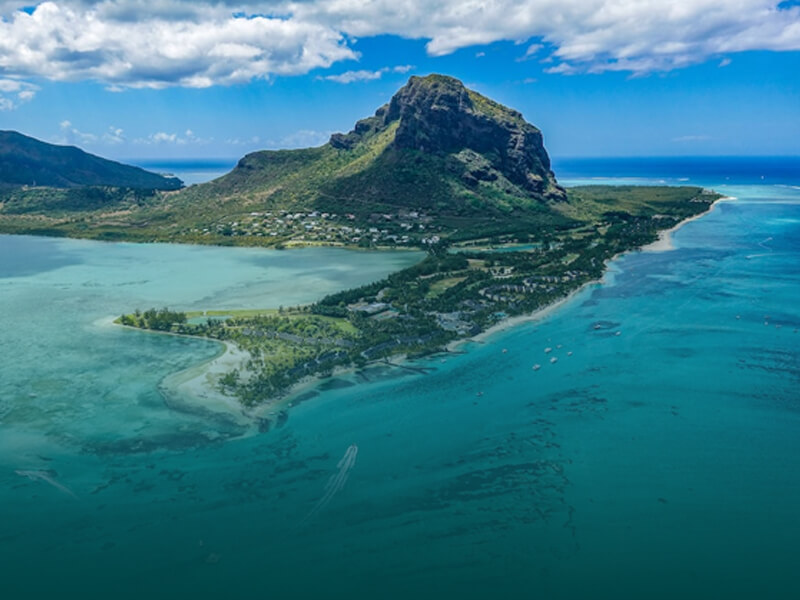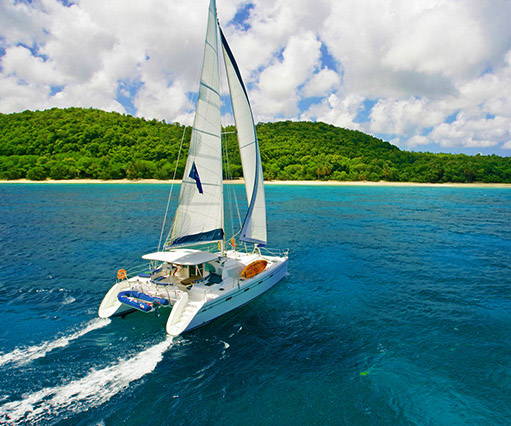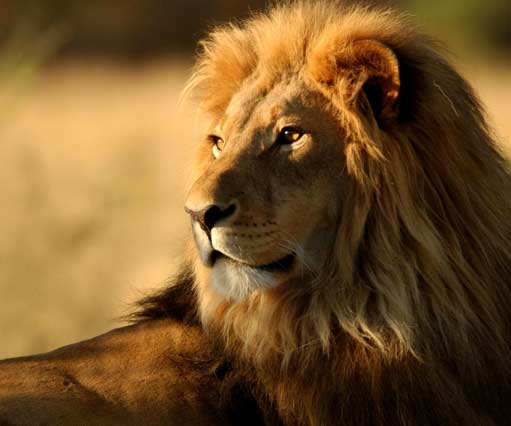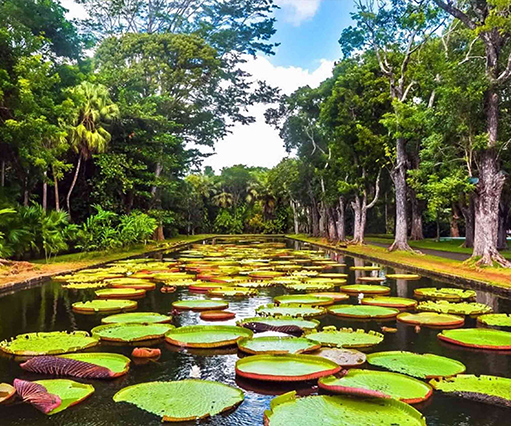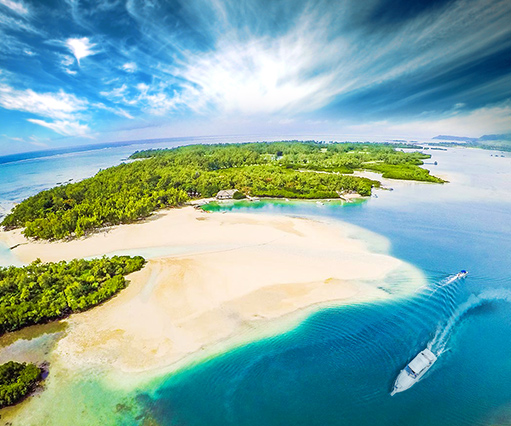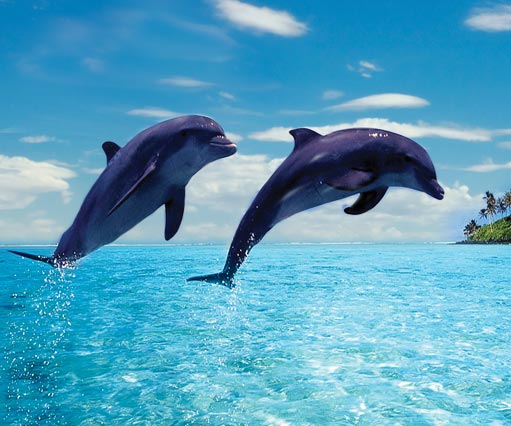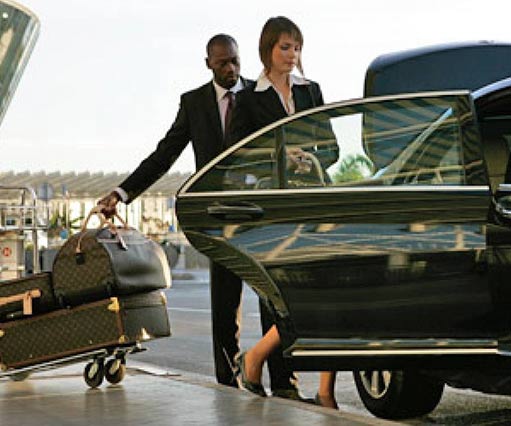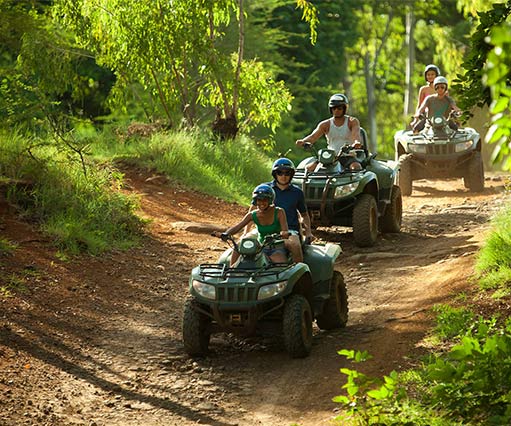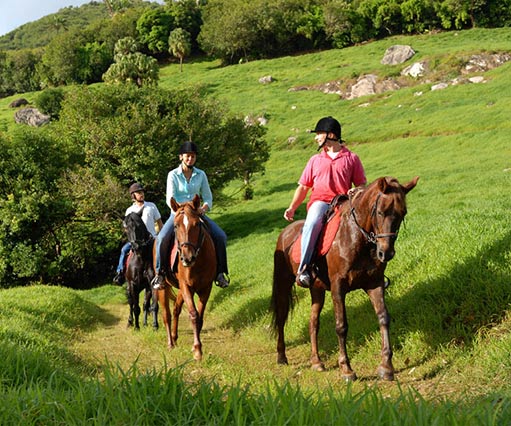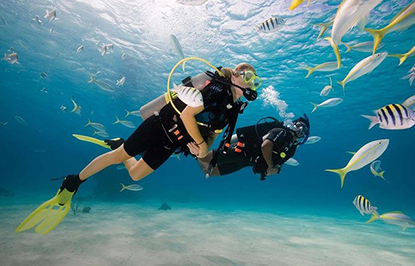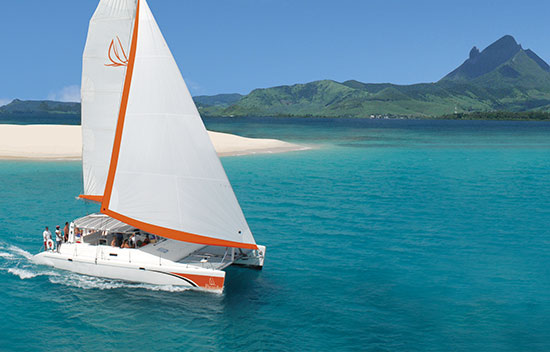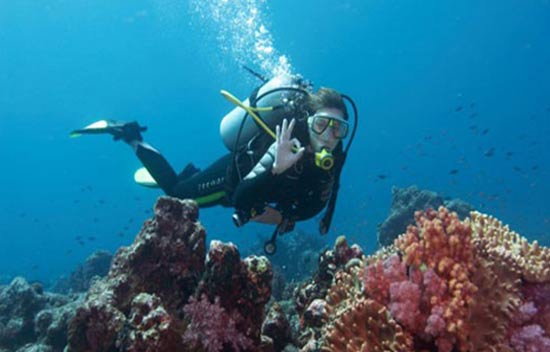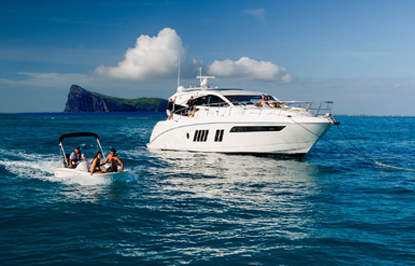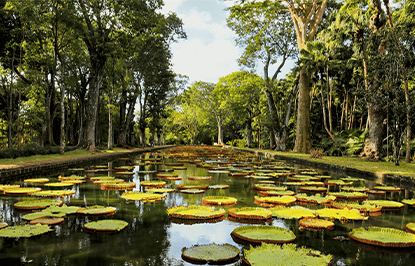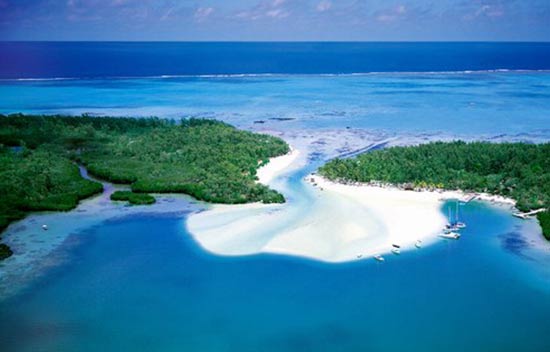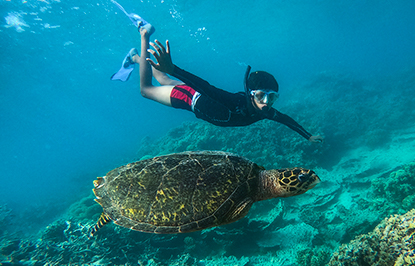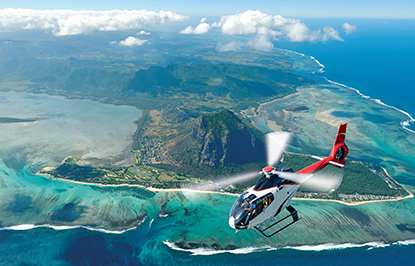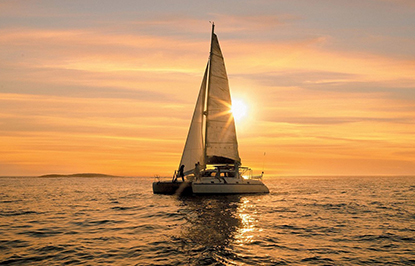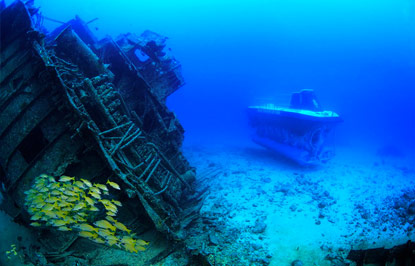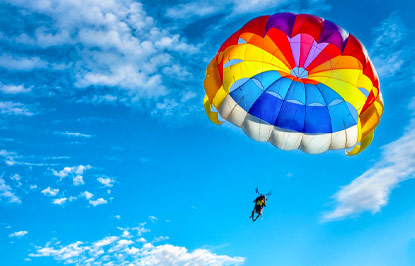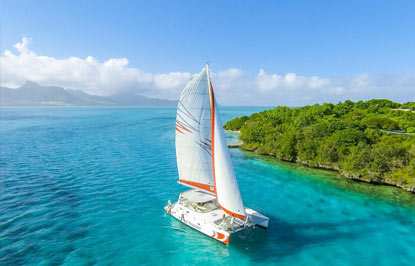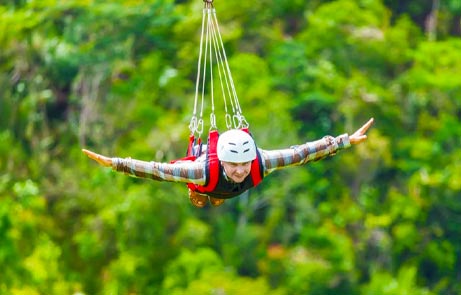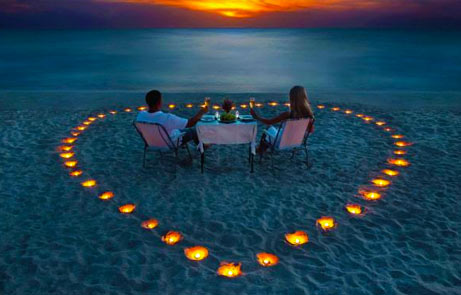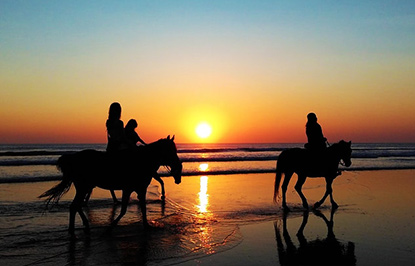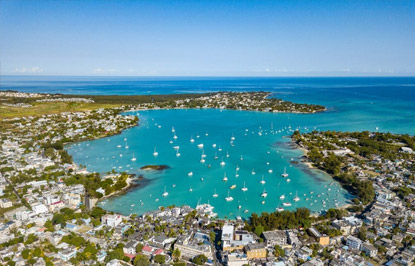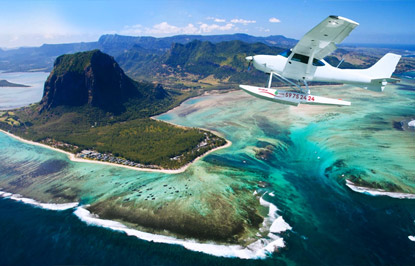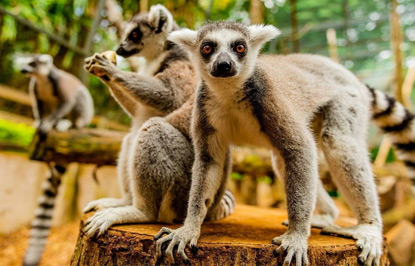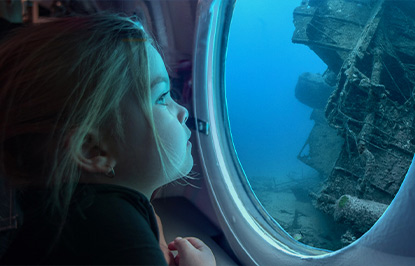The Ultimate Guide to Mauritius’ Festivals and Public Holidays
Mauritius is a small island with a rich mix of cultures, religions, and festivals. With a population of over 1.2 million, the country celebrates a variety of holidays that reflect its diverse traditions, ranging from Hinduism and Islam to Christianity and much more.
Visiting during a festival is the perfect way to experience the island’s unique culture. You’ll be warmly welcomed to join in the celebrations and learn about the traditions and beliefs that make Mauritius so special.
List of the National Holidays and Festivals celebrated in Mauritius:
Chinese Spring Festival (Chinese New Year) – (January – February)
The Chinese Spring Festival, celebrated by the Mauritian Chinese community, follows the lunar calendar, so its date changes each year. Traditions include setting off firecrackers to chase away evil spirits and gathering with family for a festive New Year feast.
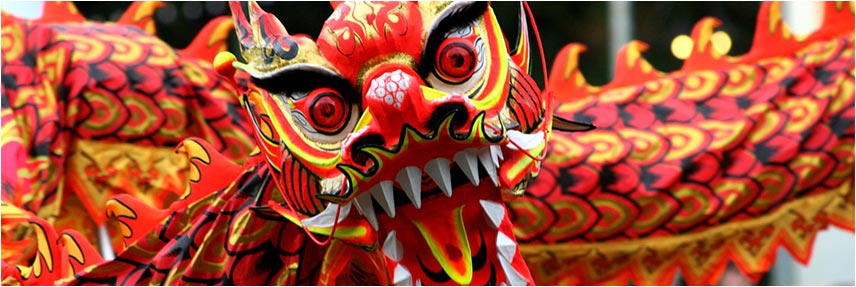
In Port Louis, especially in Chinatown, the celebrations are lively and colourful, with parades featuring Lion and Dragon Dances, dazzling fireworks, and cultural performances. Red decorations dominate the scene, symbolizing happiness and good fortune.
Thaipoosam Cavadee – (Beginning of February)
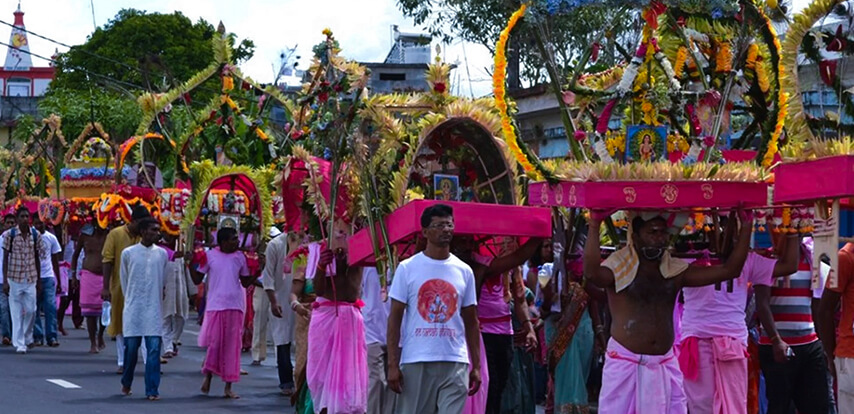
Thaipoosam Cavadee is an important Tamil festival, marked by fasting, ritual cleansing and acts of penance. Devotees gather at temples and walk through the streets carrying flower-covered arches and pots of milk as offerings to Lord Murugan.
Some express their devotion through striking rituals like piercing their tongues and cheeks, creating a powerful display of faith. The atmosphere blends deep reverence with visual spectacle, offering a unique cultural experience for visitors.
Maha Shivaratree – (February – March)
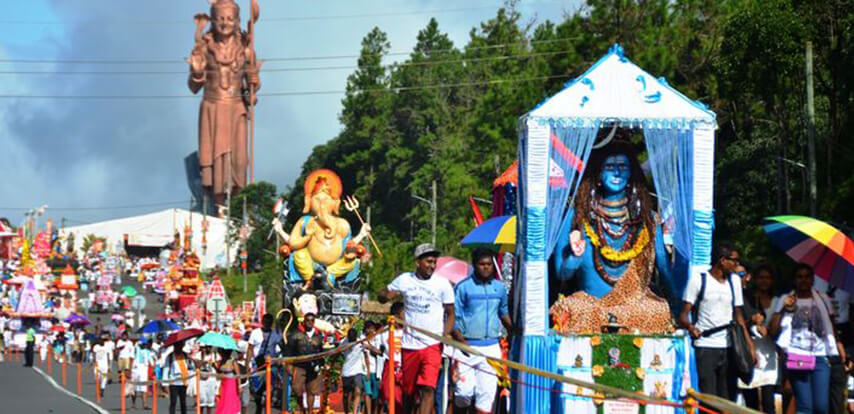
Maha Shivaratree is a major Hindu festival in Mauritius, honoring Lord Shiva. Each year, thousands of devotees walk in pilgrimage to Grand Bassin, a sacred lake believed to be linked to the holy Ganges in India, to purify themselves and collect holy water.
Dressed in white, pilgrims carry colourful bamboo structures called “kanwars” as a symbol of devotion and sacrifice. The rituals and offerings at the lake create a deeply spiritual atmosphere, echoing the sacred traditions of India’s Ganges River.
Holi Festival - (March)
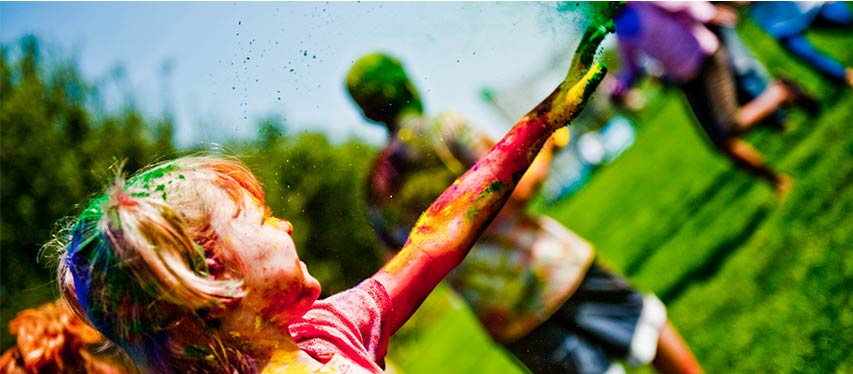
The Holi festival is an Indian festival of fire and colors. The Hindu population in Mauritius, celebrates the festival by splashing everyone who crosses their way with colored water and powder, and with singing and dancing.
Mauritius National Holiday – (March 12th)
The Holi festival is a vibrant Hindu celebration of colours, joy, and the arrival of spring. The Hindu population in Mauritius celebrates this festival by splashing everyone who crosses their way with colored water and powder while singing and dancing.
Mauritius Independence Day – (March 12th)
On March 12th, Mauritius celebrates its Independence Day, marking the country's independence gained in 1968. The day features vibrant parades and festivities, highlighting the nation’s journey to independence. It’s a time for Mauritians to honor their freedom, with events taking place across the island, including flag-raising ceremonies and cultural performances.
Ganesh Chaturthi – (August – September)
The Ganesh Chaturthi Festival is celebrated by the Hindus to commemorate the birth of Lord Ganesh. On this day the devotees head to riverbanks or beaches with small replicas of the deity and will immerse the replica in water before sunset.
Father Laval Day (Jaques Désirée Laval) – (9th of September)
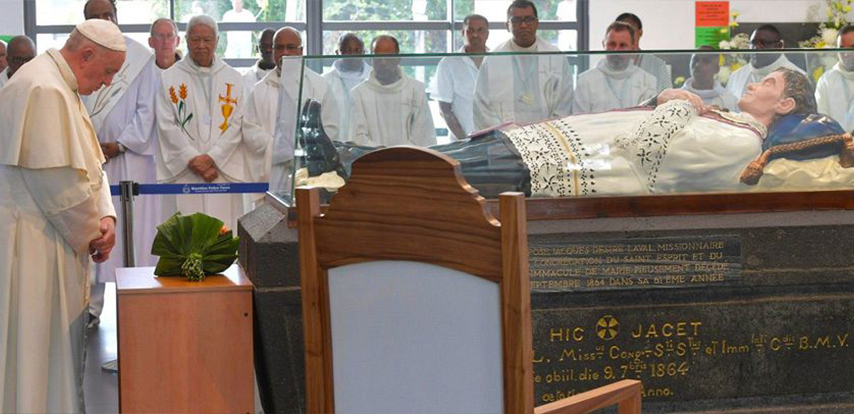
Each year on the 9th September (the birthday of Blessed Father Jacques-Désiré Laval), Mauritians of all ethnic groups visit the tomb of Father Laval in Sainte Croix, Port Louis.
Jacques-Désiré, born in 1803 was a French missionary and doctor who came to Mauritius in 1841. He is believed to have had miraculous healing powers. He was the first person beatified by the Pope John Paul II after the latter became pope. Jacques Désiré Laval became the protector of the slave community and has become the symbol of compassion and love.
Eid-Ul-Fitr Festival – (varies depending on moon sighting)
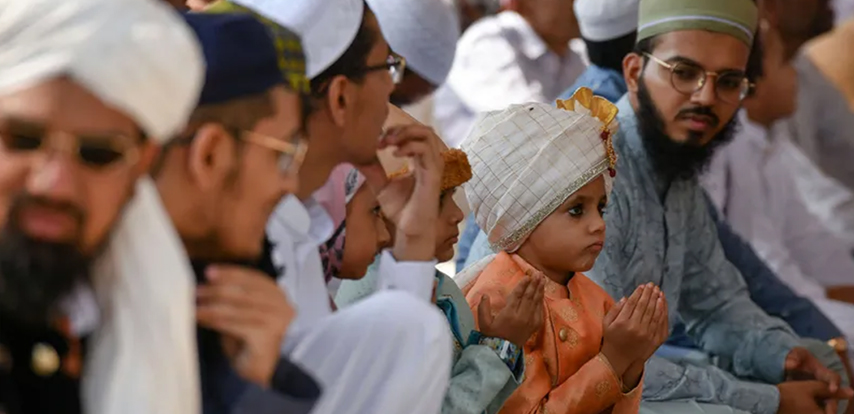
The Eid-Ul-Fitr Festival is celebrated by the Muslim community in Mauritius. The holiday is celebrated at the end of the holy month of fasting which is known as Ramadan.
In the morning Muslims will perform the Eid prayer then they will celebrate with visits to family members and gatherings with their brand new clothes. Family members exchange gifts with relatives and give money (”Eidi”) to children.
Divali (Diwali) Festival or Festivals of Light – (October – November)
Divali is celebrated by the Hindu community. It commemorates the triumph of good over evil, often associated with Lord Rama’s return to Ayodhya after defeating Ravana. During this night, from six o’clock all Hindus and many Mauritians decorate their homes with small oil lamps, candles, clay lamps or electric bulbs.

Nowadays, a lot of houses are decorated with strings of electric lights and some of the main streets are lit with special light decorations. This is why Divali is also known as the festival of lights. Sweets are shared among families and neighbors on this special day.
All Saints Day - (November 1st)
On the day following All Saints' Day, tribute is paid to the deceased. This is a Christian festival where people go to mass before going to leave flowers on the tombs of their family members.
Christian's festivals
Mauritius has a big Christian community, mostly of Catholic faith. Thus, Christian holidays and celebrations like Easter and Christmas are celebrated in Mauritius with similar traditions to those in Europe. You will find the traditional Easter chocolate eggs during Easter, Santa Claus and Christmas trees.

Additional Public Holidays in Mauritius on fixed dates include:
- New Year – 1 and 2 January
- Abolition of Slavery – 1 February
- Labour Day - 1 May
- Assumption of the Blessed Virgin Mary – 15 August
- Christmas – 25 December














